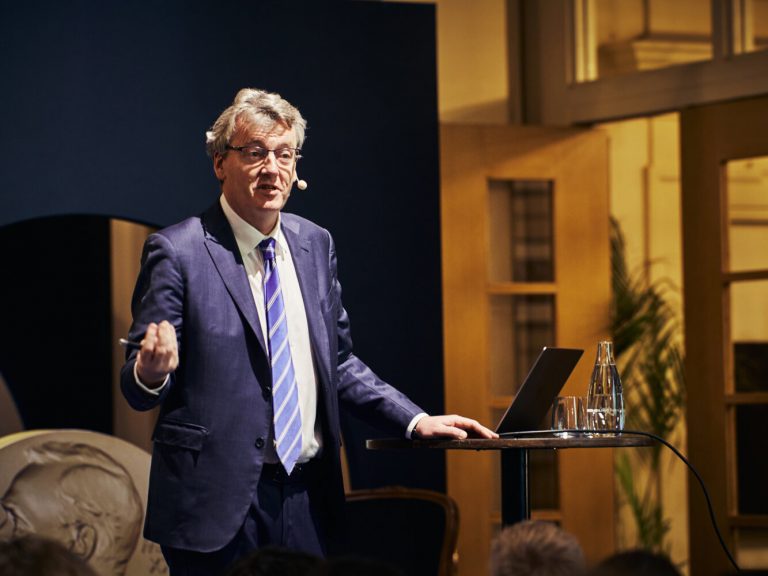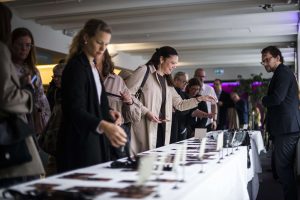Nobel Prize laureates, top scientists and peace activists will participate at the Nobel Prize Teacher Summit 2024. Read more about the speakers, panelists, and team behind the summit here.
Speakers
David MacMillan, Nobel Prize in Chemistry, 2021
Elena Zhemkova, Co-founder of Memorial – receiver of Nobel Peace Prize, 2022
Armita Golkar, Associate Professor at Stockholm University
Lars Strannegård, President of the Stockholm School of Economics
Agneta Gulz, Professor of Cognitive Science at Lund University
John H Falk, Founder and CEO of the Institute for Learning Innovation
Sara Bengtsson, Associate Professor in Psychology at University of East Anglia
Björn Hedensjö, Psychologist, Author, and Podcast host
Amy Loutfi, Professor of Computer Science towards AI and Robotics
Martin Nilsson, Memory Athlete and Teacher
Linda Plantin Ewe, Assistant Professor in Special Education at Kristianstad University
Björn Sjödén, Assistant Professor in Educational Science at Halmstad University
Nobel Prize Museum Team
Carin Klaesson, Content Manager of Public Programs
Gustav Källstrand, Chief Program Editor
Helena Barrett, Education Director
Anna Ålander, Museum Educator
Paulina Wittung Åman, Museum Educator
Pontus Thunblad, Museum Educator
Sara Engkvist, Museum Educator
-
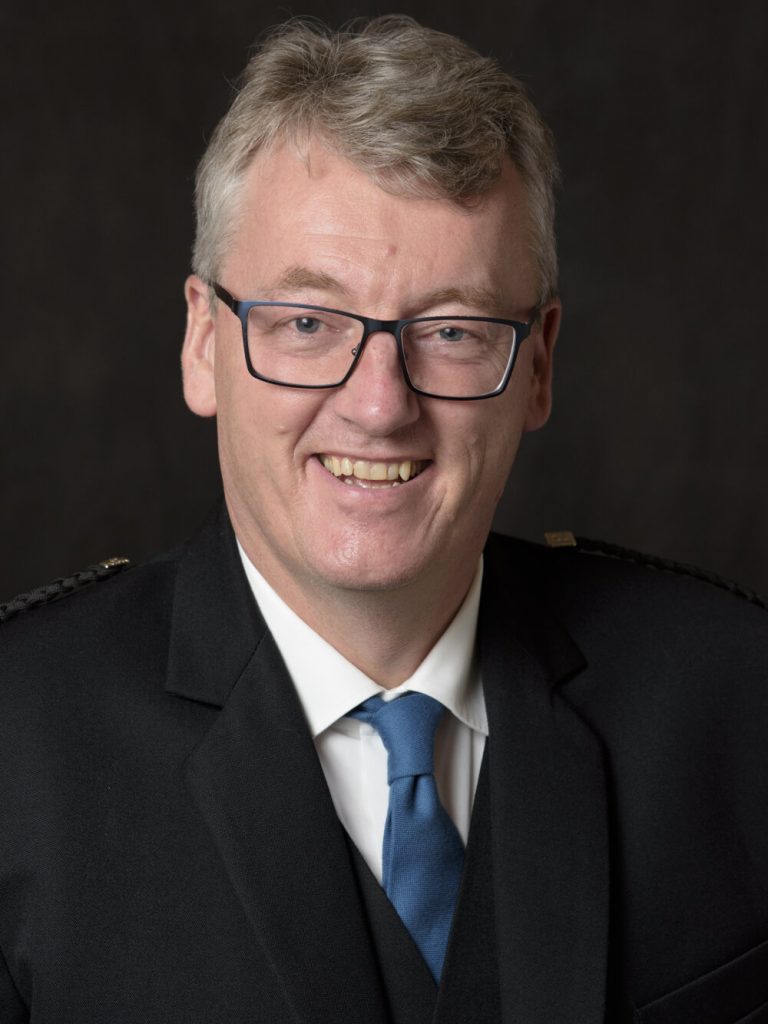
© Nobel Prize Outreach. Photo: Risdon Photography
-
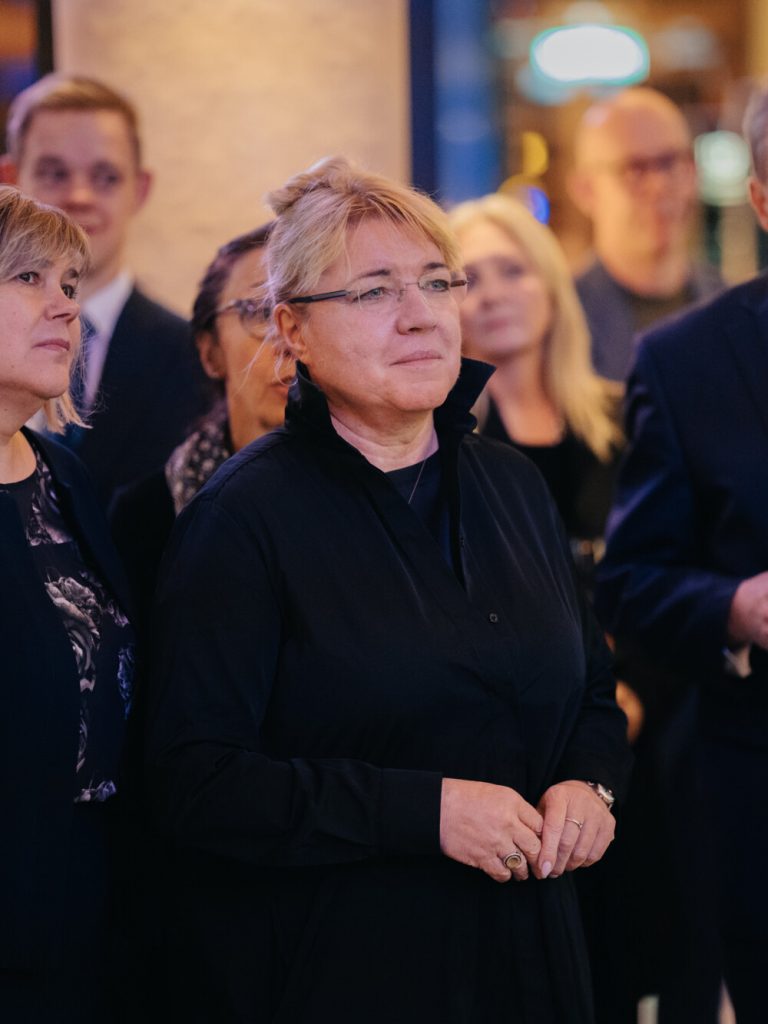
© Nobel Prize Outreach. Photo: Clément Morin
-
© Nobel Prize Outreach. Photo: Risdon Photography
-
© Nobel Prize Outreach. Photo: Clément Morin
David MacMillan
David W.C. MacMillan, born on March 16, 1968, in Bellshill, North Lanarkshire, Scotland, credits his Scottish upbringing and education for his success. He attended New Stevenston Primary School and Bellshill Academy before pursuing chemistry at the University of Glasgow, where he graduated in 1991. He then moved to the United States for graduate study, completing his PhD in 1996 at the University of California, Irvine, under the supervision of Professor Larry Overman. Following this, MacMillan joined Professor Dave Evans’ lab at Harvard University. In 1998, he established his research group at the University of California, Berkeley, before moving to Caltech in 2000. Since 2006, MacMillan has served as a professor of chemistry at Princeton University.
MacMillan shares the 2021 Nobel Prize in Chemistry with Benjamin List for their work on the development of asymmetric organocatalysis. He has dedicated his prize money to the May and Billy MacMillan Foundation, named in honor of his parents, with the intention of providing financial support to less privileged students to help finance their studies.
Read more here.
Elena Zhemkova
Elena Zhemkova, born 1961 in Saratov, USSR (now Russia). She graduated from Odessa University in 1983 with a degree in Mathematical Physics and later specialised in international project evaluation standards at MSI, USA. In 1987, Zemkova co-founded the Memorial Initiative Group, which evolved into the International Memorial Society, where she has served as Executive Director since 1995.
Zemkova’s work includes the “Victims of Two Dictatorships” project, which investigates the plight of Soviet citizens forced into labor by the Nazis and subsequently persecuted upon their return. Over 30 years, she has contributed to significant research, publications, and exhibitions on this topic. She has also coordinated the International Memorial network, comprising over 30 regional organisations globally.
She served on the Russian Interdepartmental Working Group from 2018 to 2022, implementing policies to honor victims of political repression. From 1996 to 2011, Zemkova was on the Supervisory Board of the Russian Foundation “Understanding and Reconciliation,” compensating former forced laborers in Nazi Germany. She was a member of the International Scientific Council of the Topography of Terror Foundation from 2015 to 2024 and the Documentation Center for Forced Labor by the Nazi Regime since 2018.
In 2022, she was awarded an Honorary Doctorate of Sciences from Sciences Po in France. Her research interests encompass political repression history, comparative analysis of Nazi and Soviet repressive mechanisms, and memorialisation of repression victims. Zemkova is also committed to developing civil society, education, and democratic values.
Read more here.
-
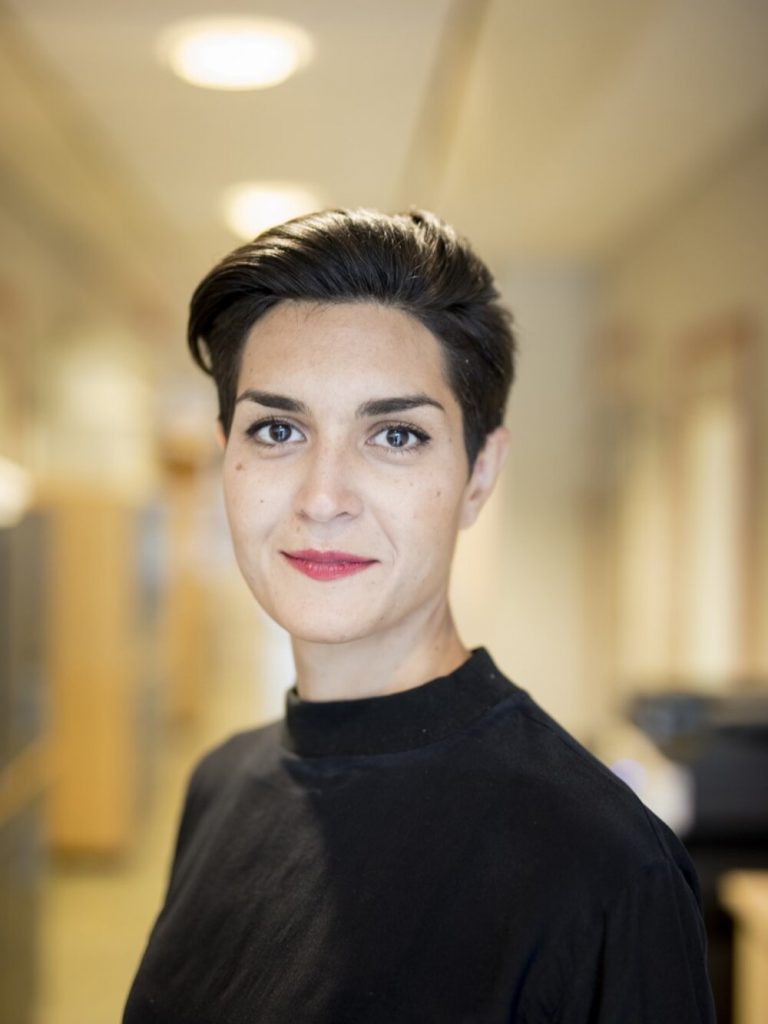
Photo: Gustav Mårtensson
-
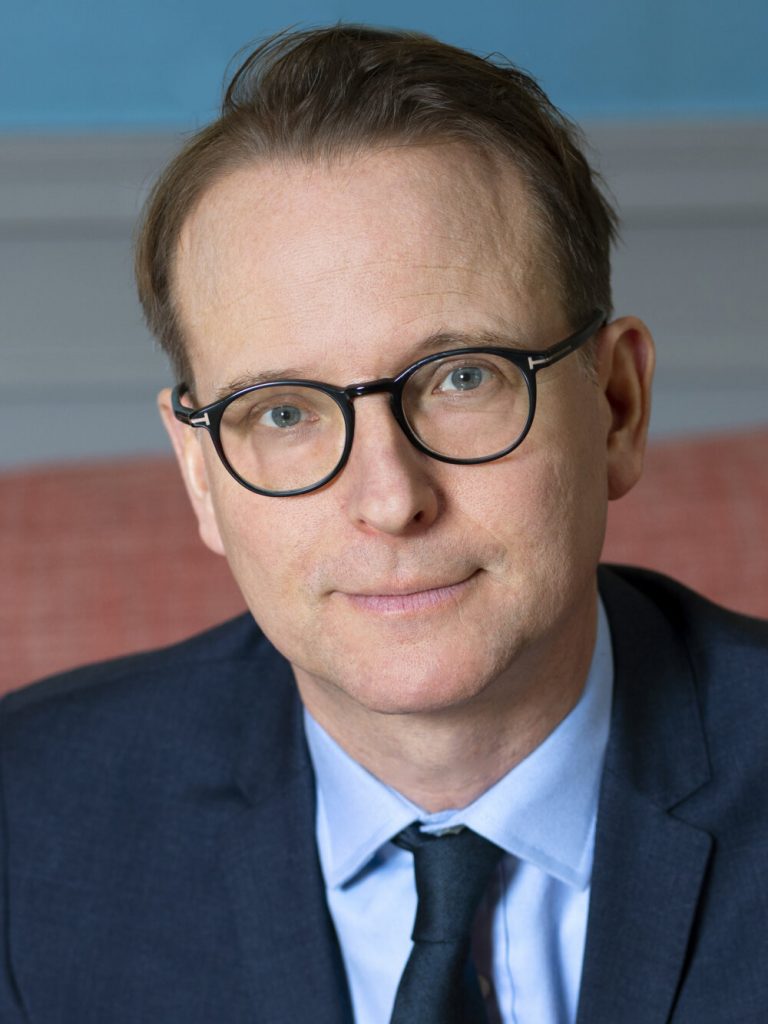
Photo: Juliana Wiklund
-
Photo: Gustav Mårtensson
-
Photo: Juliana Wiklund
Armita Golkar
Armita Golkar’s overall research aim is to better understand the processes that govern emotional learning and regulation in social contexts. More specifically, her focus is on the processes underlying fear and safety learning accomplished through direct personal experience and through social means such as instruction, observation, and interaction with others. She addresses these issues using different methods including behavioral, psychophysiological, and functional magnetic resonance imaging (fMRI).
Golkar defended her PhD thesis in 2013 at the Department of Clinical Neuroscience, Karolinska Institutet. Since August 2019, she has been an Associate Professor at Stockholm University and an affiliated researcher at Karolinska Institutet. Her research is supported by the Swedish Research Council and the Knut and Alice Wallenberg Foundation (Wallenberg Academy Fellow grant).
Lars Strannegård
Lars Strannegård is the President of the Stockholm School of Economics and a professor of business administration with a focus on leadership. His research has dealt with issues of sustainability in large organizations, questions regarding branding, and how art and culture affect organizations. He is particularly interested in how higher academic activity is affected by digitization and how educational programs and environments can be designed in ways that consider the world we live in today. He is especially interested in how the logical-scientific and aesthetic forms of knowledge relate to each other.
-
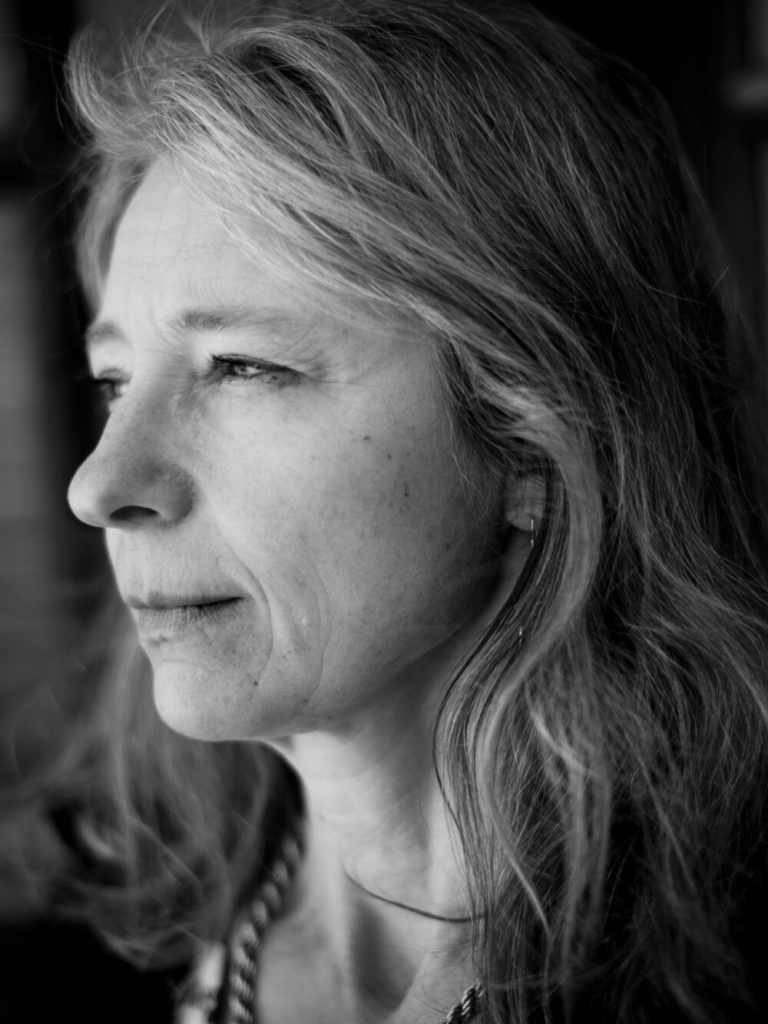
Photo: Kennet Ruona
-
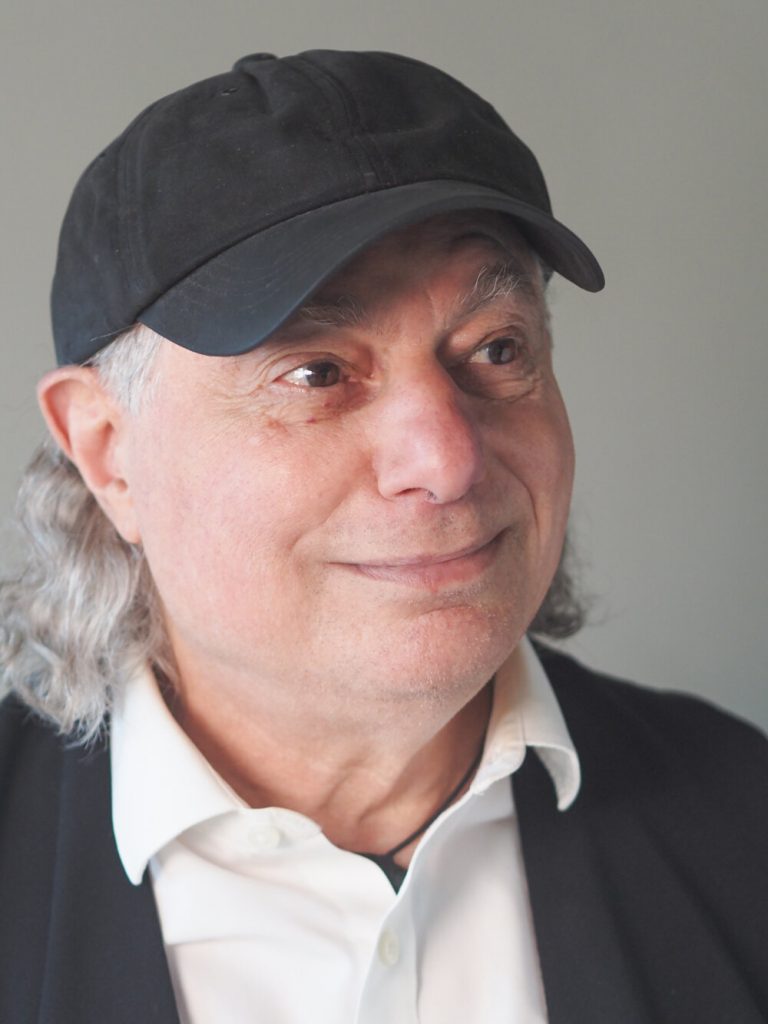
Photo: Joseph Cone
-
Photo: Kennet Ruona
-
Photo: Joseph Cone
Agneta Gulz
Agneta Gulz is a professor of cognitive science, specialized in learning and instruction, at Lund University. Since the early 2000s, she has been engaged in classroom oriented research. The research group she directs, the Educational Technology Group does, among other things, design and develop various digital learning resources for research purposes. As a common denominator, the research projects include a wide battery of different research methods, and many of them take place in classrooms and in preschools and in collaboration with teachers and students. Examples of topics addressed in the group’s research are: development of
basic mathematics understanding in preschool children, factors that influence student motivation, what students do when they encounter resistance, factors that influence perseverance, how so called ego threat can stand in the way of students’ learning but also be influenced, beginners’ learning to read and write, students’ engagement with critical constructive feedback, factors that influence focused attention and distraction, respectively. School’s compensatory mission is a consistent focus all through various research projects.
During the past few years she has also increasingly turned towards broader communication to promote the use of scientific knowledge in school, teacher education and education policy. In June 2024 she and her co-author Magnus Haake published the book ‘Det oumbärliga klassrumet – en framställning på kognitionsvetenskaplig grund (‘The indispensable classroom – a presentation based on cognitive science’).
John H Falk
Dr. John H. Falk is Founder and CEO of the Institute for Learning Innovation and Emeritus Sea Grant Professor of Free-Choice Learning at Oregon State University. He is internationally recognized as a leading expert on free-choice learning; the learning that occurs while visiting museums, watching TV and generally going about life. For more than 50 years, Dr. Falk has been investigating why people visit places like museums, what they do there and what they take away from these experiences. He has authored over 250 articles and chapters, hundreds of technical reports and more than two-dozen books. His most recent book is The Value of Museums: Enhancing Societal Well-Being (2021, Rowman & Littlefield), which, like all of his works, emphasizes the importance of understanding the user’s perspective.
-
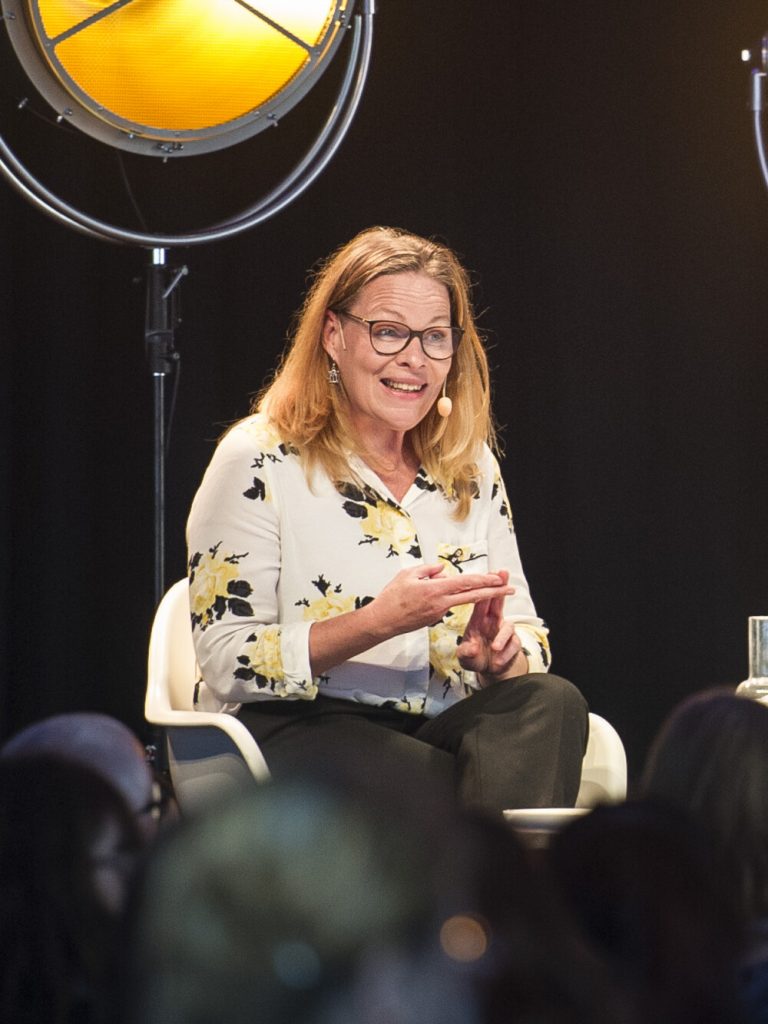
Foto: Anna Svanberg. © Nobel Prize Outreach
-
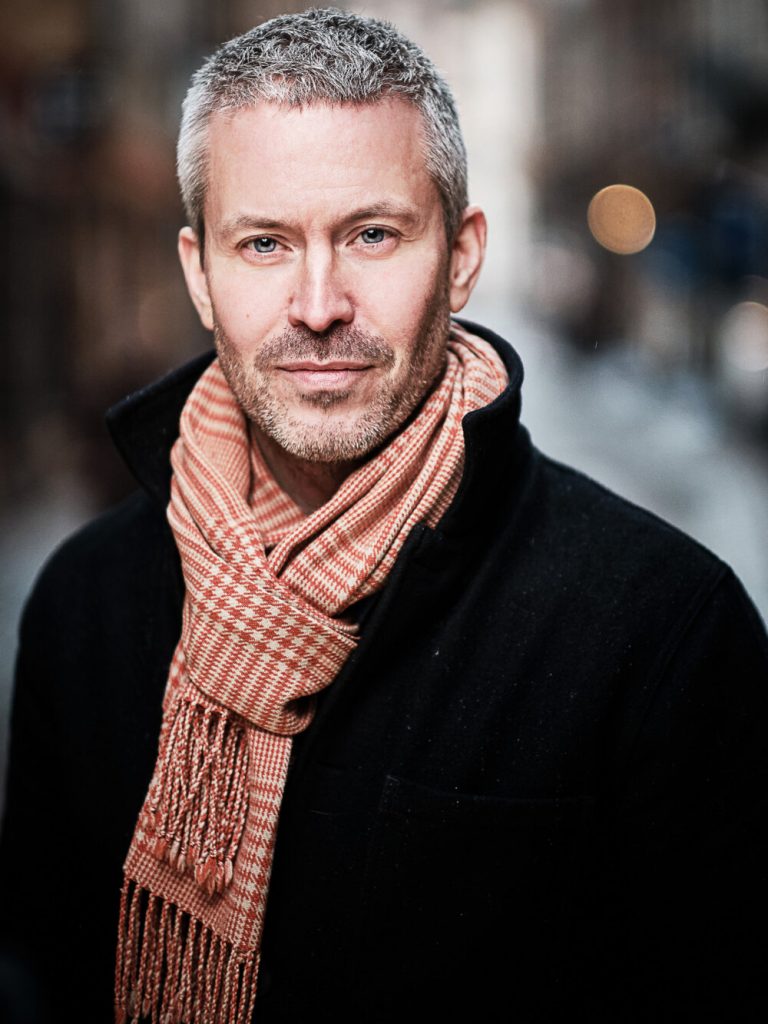
Photo: John Guthed
-
Foto: Anna Svanberg. © Nobel Prize Outreach
-
Photo: John Guthed
Sara Bengtsson
Sara Bengtsson is a researcher in Cognitive Neuroscience, with the focus to understand how certain aspects that influence learning, such as confidence and motivation, impact on the brain processes needed to execute a particular task (e.g. reading). She has a long standing collaboration with researchers in Education, where her contribution highlights ‘what happens in the brain’ when learning takes place in typical classroom settings. It provides insight to underlying neural mechanisms, or mental processes, that can help inform learning interventions. This type of interdisciplinary research is referred to as Educational Neuroscience, a relatively young discipline.
Sara Bengtsson was awarded her PhD in 2005, at Karolinska Institutet, Stockholm, Sweden, with a thesis investigating the dynamics of brain processes that control motor actions in expert musicians and non-musicians. During her post-doctoral studies at University College London, UK (2005-09), she researched how motivational and self-esteem aspects influence cognitive processes. More specifically, how written and verbal information influence motivation and self-esteem implicit to the individual. A main discovery was that these psychological processes are particularly volatile, and modify brain activity, when an individual makes errors. Moreover, she observed that external error feedback can serve as beneficial support. She is currently an Associate Professor at University of East Anglia, UK, where she teaches educational and cognitive psychology, statistics, and neuroimaging, as well as supervising PhD students on topics relevant to learning and attentional biases.
Björn Hedensjö
Björn Hedensjö is a licensed psychologist and author of several books. He is also co-host of the podcast Dumma människor, Sweden’s biggest (and according to himself, the most fun) science podcast. With a rich background in psychology, Hedensjö uses his expertise to delve into human behavior through his writing and media work. His books simplify complex psychological concepts, making them accessible to a wide audience.
In addition to his writing and podcasting, Hedensjö frequently delivers lectures on topics such as stress management, better sleep, motivation and teamwork, creative organizations, and workplace relationships. His blend of wit and expertise has established him as a key figure in Swedish popular science and organizational psychology.
-
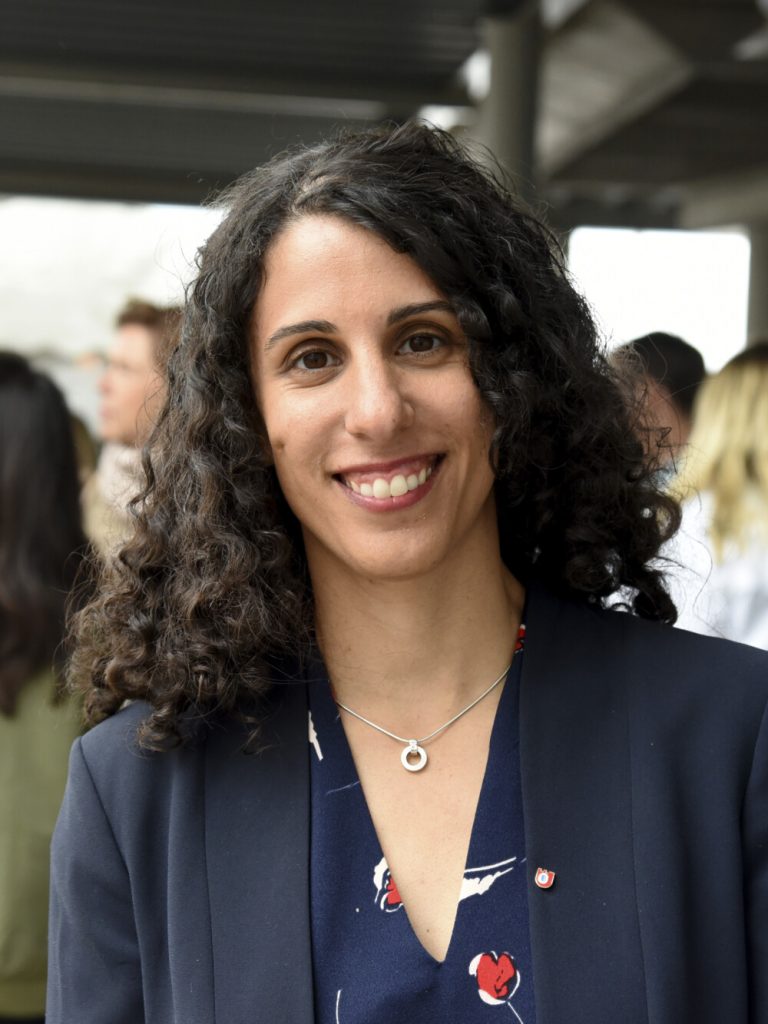
Photo: Private
-
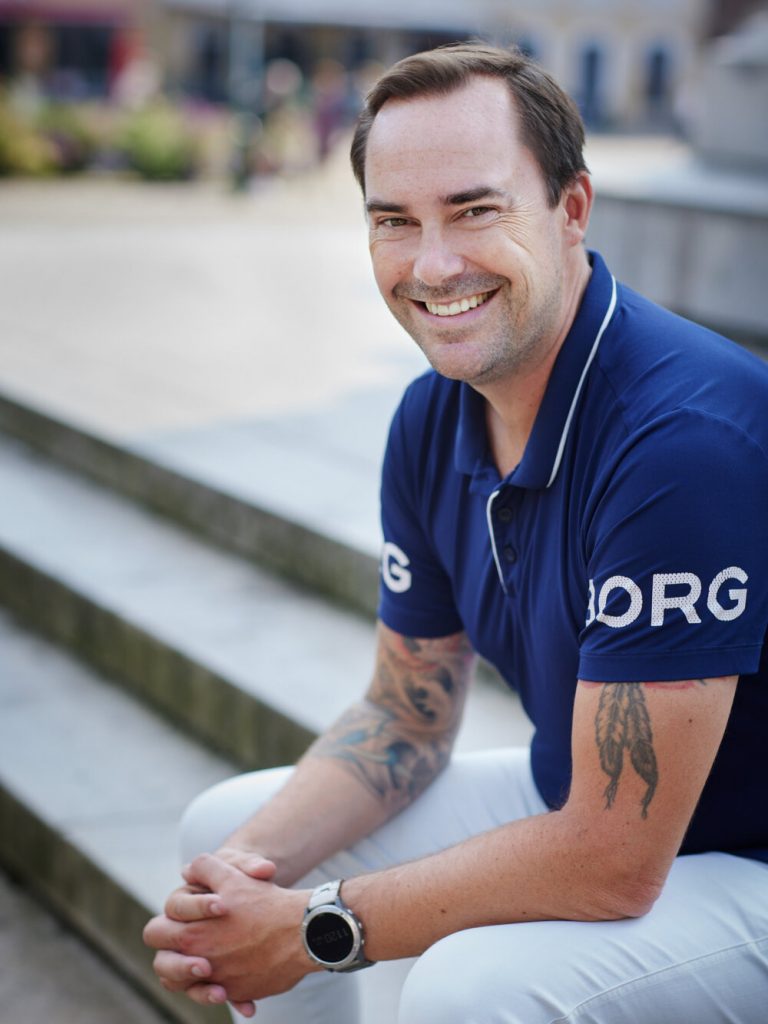
Photo: Åsa Stiller
-
Photo: Private
-
Photo: Åsa Stiller
Amy Loutfi
Amy Loutfi is a Professor of Computer Science at Örebro University. She is at the forefront of AI research, leading the AASS Machine Perception and Interaction Lab. Her work is dedicated to advancing the learning processes of embodied AI systems, such as robots, by incorporating principles like play, curiosity, and empathy. With extensive experience in AI, robotics, and human-robot interaction, Loutfi has collaborated with both industry and the public sector on various research projects.
In addition to her research, Loutfi is deeply involved in strategic AI initiatives across Sweden, contributing to the broader conversation on AI’s role in society. In recognition of her contributions, she was elected a member of the Royal Swedish Academy of Engineering Sciences (IVA) in 2020. Through her work, Loutfi aims to push the boundaries of AI, exploring how innovative approaches can lead to the next advancements in the field.
Martin Nilsson
Martin Nilsson is a Swedish memory athlete and teacher in Lund, currently pioneering Sweden’s first memory techniques course at a high school level. His achievements include winning gold in the Swedish Memory Championships in 2019 and 2021. At the World Championships, he memorized 11 decks of cards and 1060 digits within an hour. In the Pi Matrix challenge of 2019, Nilsson achieved a world record, completing it in 14 minutes and 33 seconds, significantly faster than previous records.
Beyond competitions, Nilsson is an inspiring speaker who shares his journey and insights into memory techniques, emphasizing that his success stems not from natural talent but from learning how to learn effectively. His engaging lectures offer unique experiences that inspire and open up new perspectives on knowledge, potential, and personal development. Nilsson showcased his exceptional memory skills on the Swedish TV4 talent show “Sweden’s Got Talent,” earning a direct ticket to the finals. In his book “Det Andra Minnet” (The Second Memory), released in 2022, he recounts his journey from novice to world record holder – and the underlying research.
-
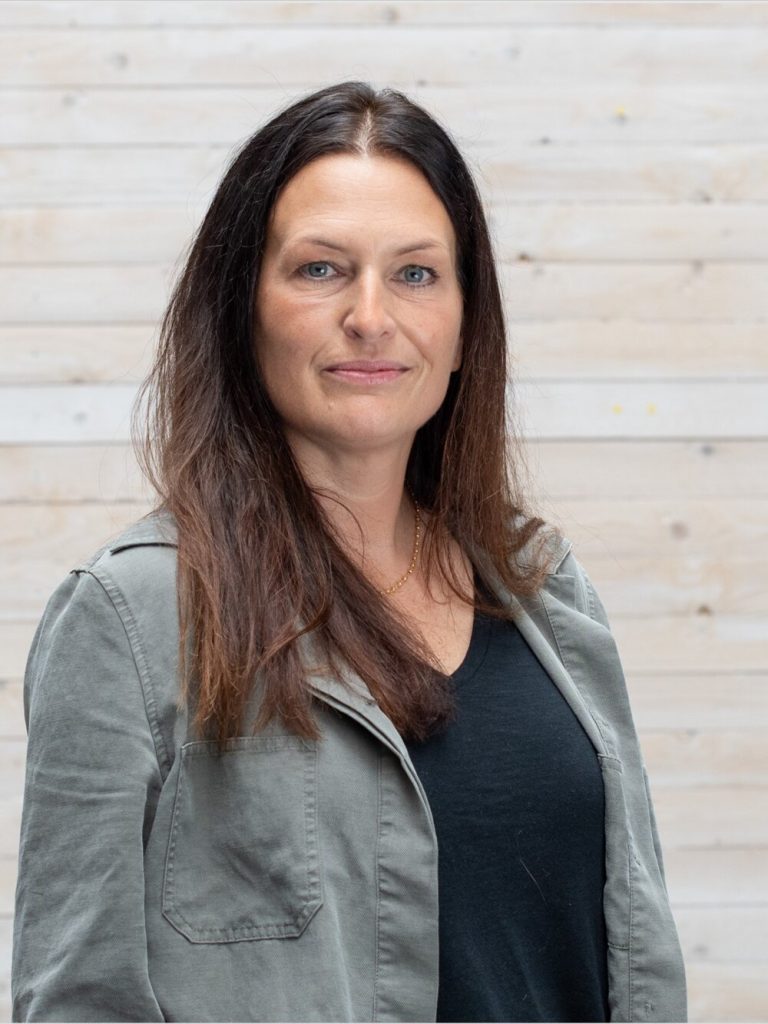
Photo: Åsa Kronqvist
-
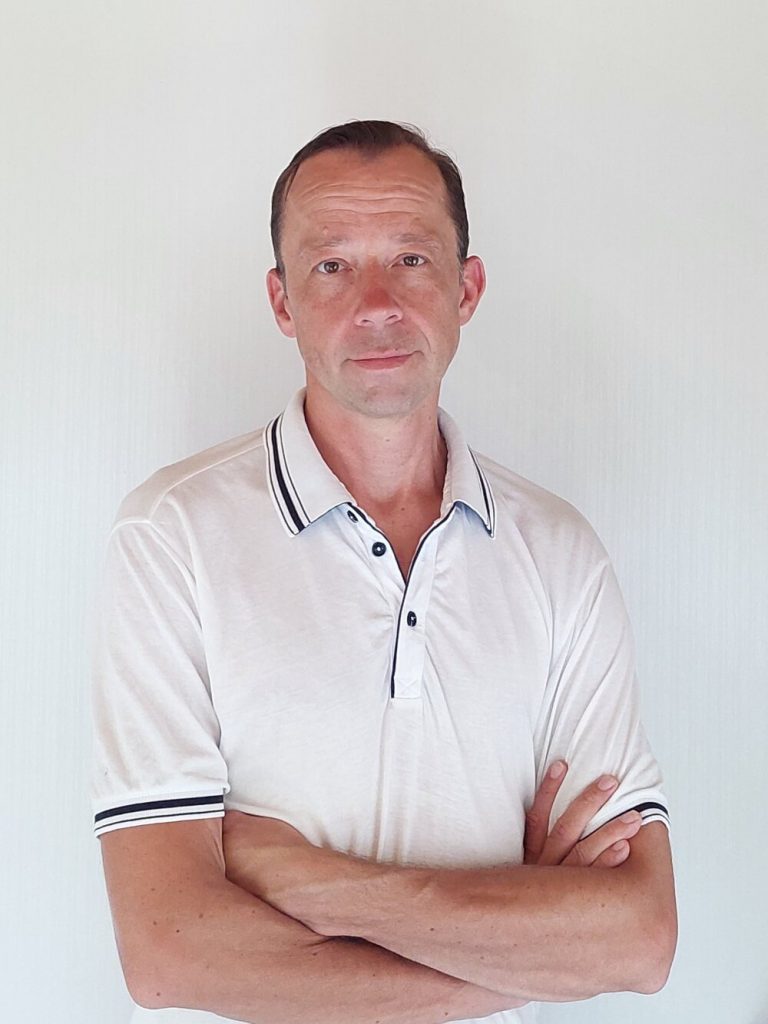
Photo: Malte Green
-
Photo: Åsa Kronqvist
-
Photo: Malte Green
Linda Plantin Ewe
Doctor Linda Plantin Ewe is a Swedish researcher and special needs teacher educator at Kristianstad University, Sweden. She earned her PhD from Malmö University in June 2022. Her research primarily focuses on the teacher-student relationship and its impact on students’ social and academic learning and development. Specifically, her work aims to deepen the understanding of the importance of teachers’ relational competence in educational settings, with a particular emphasis on students with neurodevelopmental disorders.
By examining the dynamics of teacher-student interactions, Ewe’s research provides valuable insights into how these relationships significantly influence students’ academic success and emotional well-being. With extensive experience as both an in-service teacher and a special needs teacher educator, Ewe’s research is highly relevant to the contemporary educational landscape, offering both theoretical frameworks and practical strategies for fostering inclusive and supportive classroom environments for students with diverse needs.
Björn Sjödén
Björn Sjödén is a learning scientist and teacher educator at Halmstad University, Sweden, with a Ph.D. in Cognitive Science and an extensive background in Psychology and the humanities. He is presently a course director in the university’s first international Master’s programme in Digital Learning and actively engaged in the public debate on the use of educational technologies and evidence-based practice in schools. His research pertains to how digital and analogue tools can be combined for educational aims, most recently addressing the relationship between computer gaming and academic learning.
